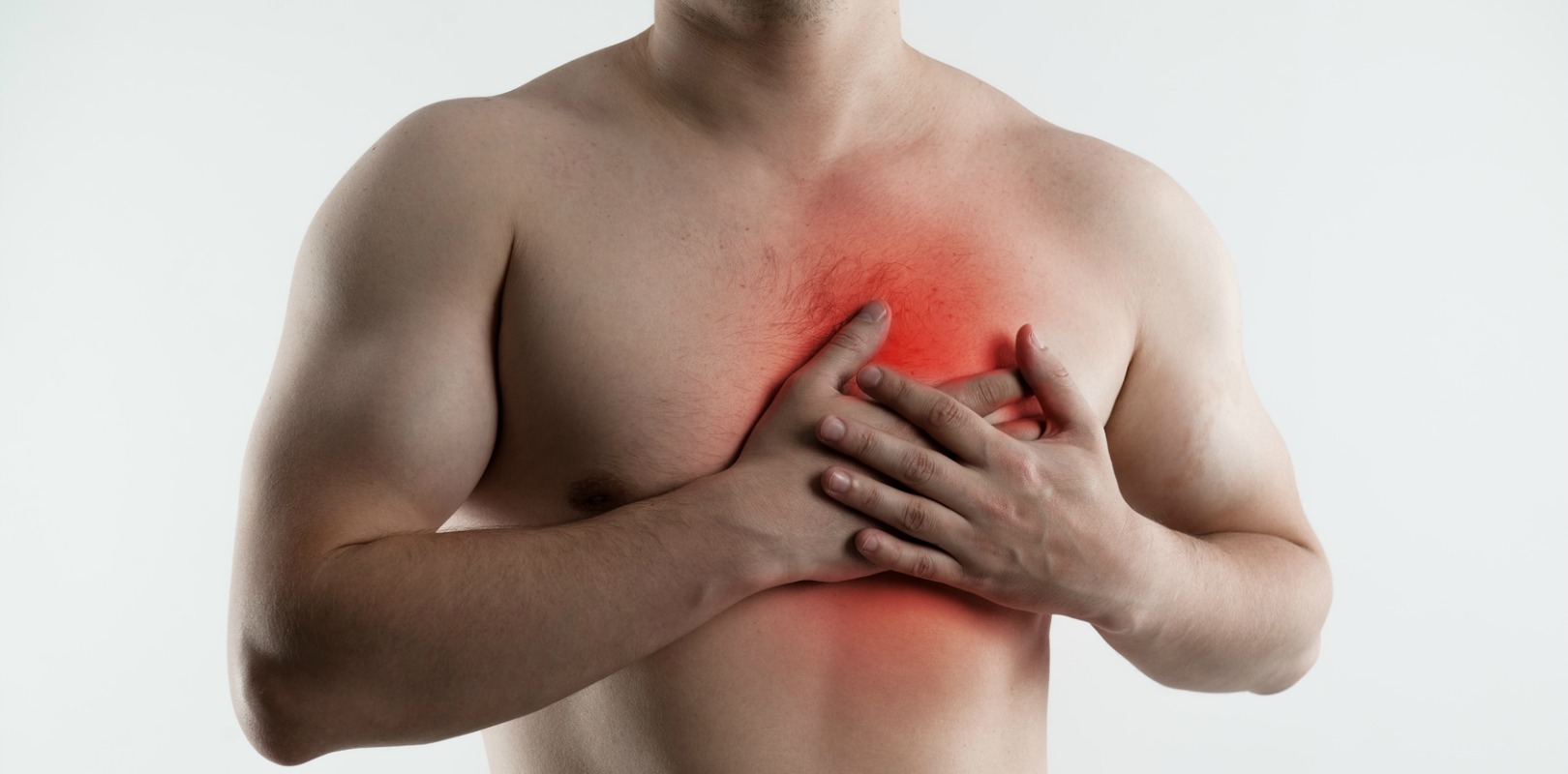Cardiovascular disease is the major cause of death worldwide and is influenced by unhealthy diet and physical inactivity. As dairy foods are included in the dietary guidelines of many countries, a meta-analysis of 22 prospective cohort studies assessed the association of dairy subtypes (high-and low-fat dairy, cheese, yogurt and butter) with the risk of CVD by measuring the risk of stroke and CHD. Varying nutrient compositions in dairy subtypes may have different effects on CVD risk.
The authors found an inverse association between dairy consumption and overall risk of CVD: Dairy intake reduces the risk of total CVD with 12% and 13% for strokes. The results show that low-fat dairy, including yogurt, also elicited beneficial effects on stroke, while cheese exhibited beneficial effects on stroke and CHD. Complex mechanisms may be involved in the potentially protective effects of dairy products against CVD. Dairy products are rich in minerals (calcium, potassium, and magnesium), protein (casein and whey), and vitamins (riboflavin and vitamin B12). Such components showed beneficial effects on CVD incidence. However, the underlying mechanisms of the different effects of dairy products on stroke and CHD remain unknown.



